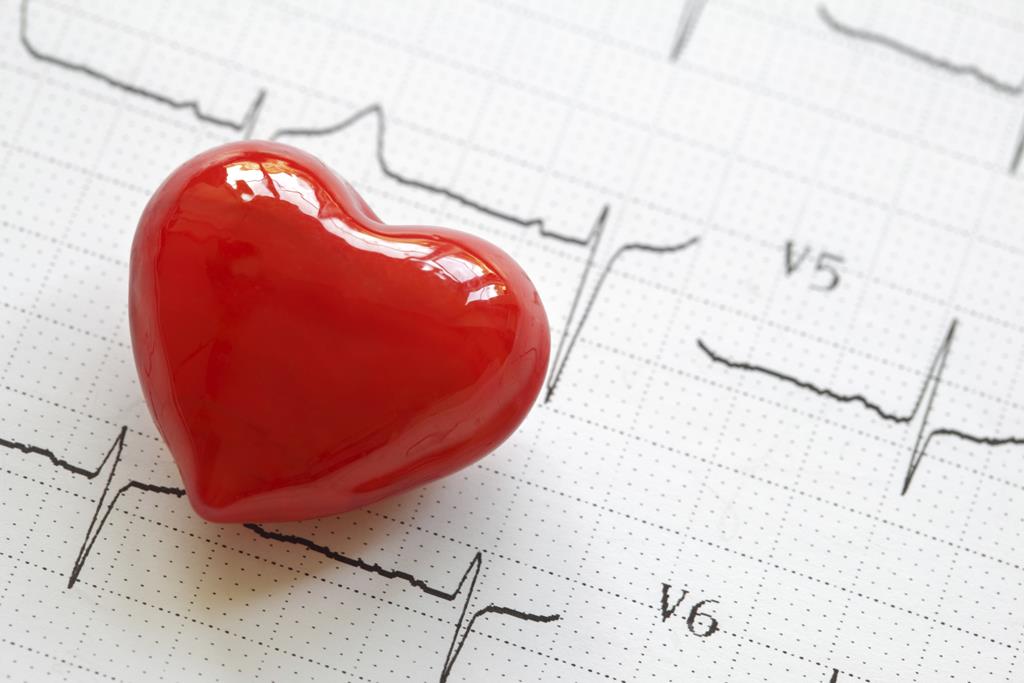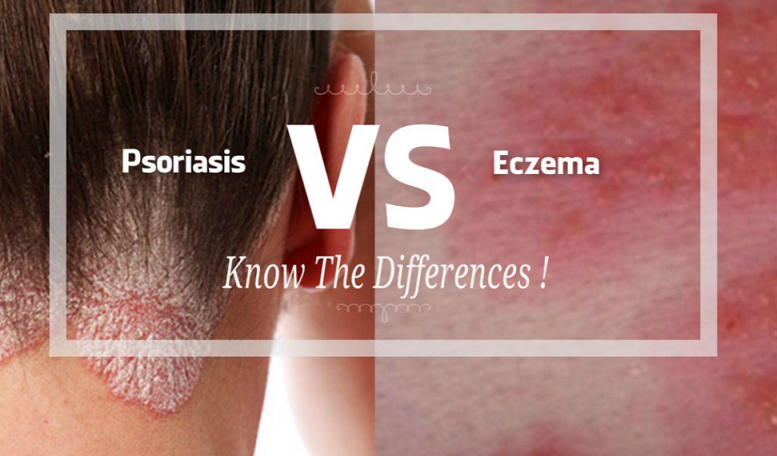Eczema and psoriasis are both relatively prevalent chronic conditions that affect the skin, resulting in considerable irritation and discomfort. Both conditions stem from a faulty immune system response and are similar in regards to their symptoms and how they are treated, but nonetheless, eczema and psoriasis differ in some key aspects.
Psoriasis affects the production of skin cells, whereas eczema is associated with a heightened sensitivity to environmental triggers.
Eczema and Psoriasis Causes
Scientists assert that eczema and psoriasis are both a result of an irregularity of immune system function. The root cause of eczema is still relatively unidentified, but researchers have a pretty solid understanding of the immune system response that leads to the development of psoriasis.
In people with psoriasis, a class of white blood cells known as T cells falsely strikes against the skin, setting in motion an action that expands blood vessels and targets more white blood cells. This irregular immune response then leads to an overproduction of skin cells, leading to flaky buildups of dead skin cells.
Eczema and Psoriasis Symptoms
Psoriasis can present itself in any part of the body such as the scalp, hands, and feet. Similarly, eczema can affect any part of the body, but it most commonly appears on the face, hands, arms, feet arms, the folds of the elbows and knees, and chest.
Typical psoriasis patches appear red, thick, and flaky. When psoriasis forms on the nails, they usually begin to appear jagged and indented. Furthermore, some individuals with psoriasis are more prone to a particular type of arthritis.
People with eczema typically also suffer from asthma or allergies. Eczema patches are red, flaky, raised, and itchy and can also become pus-filled at times. Itching is common in psoriasis as well, but the eczema itch is usually much more persistent and severe than psoriasis, usually worsening at nighttime. Scratching worsens eczema rashes and can potentially lead to more inflammation and even infections.
Eczema is more common among infants or children under the age of 2. Over 80% of eczema patients develop the disease while under the age of 5, and the development of eczema in individuals aged 30 and over is rare. Many children outgrow eczema by the time they reach adulthood, but nearly half of eczema patients continue to experience symptoms as adults. Unlike eczema, psoriasis mainly afflicts adults and is typically not triggered by environmental factors.
Psoriasis and Eczema Triggers
The most common psoriasis triggers include physical trauma to the skin, infections, use of certain medications, alcohol abuse, and smoking. Eczema, however, is typically brought on or worsened by contact with environmental triggers such as allergens like dust mite and irritants such as harsh soaps and rough clothing items.
Psoriasis and Eczema Treatment Options
The use of corticosteroid medications is common in treating both eczema and psoriasis. Phototherapy can also relieve symptoms and improve the appearance of the skin. Antihistamines can be used to relieve the symptoms of irritation and itching caused by eczema, but they are not effective in treating psoriasis. In treating psoriasis, the most common treatment methods include the use of calcipotriene (synthetic vitamin D) and retinoid ointments that slow down the growth of new skin cells.
Featured Image: Twitter




